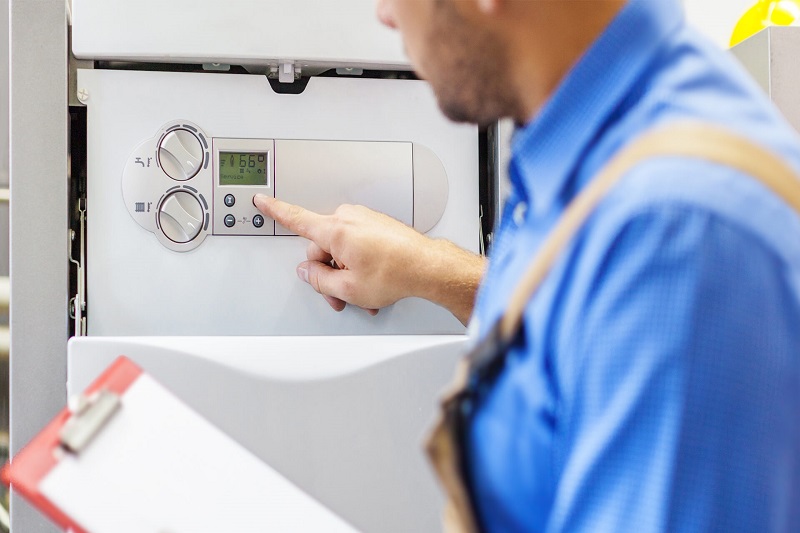We delve into the vast world of home improvement, exploring every nook and cranny of this fascinating domain. Today, we are venturing into the sustainability sphere as we discuss the mildly complex but wholly essential topic of sustainable hot water repairs. An unlikely candidate, you may think, for ecological implications, but as we will discover, there’s more to this topic than first meets the eye.
The implications of our domestic actions and choices on the wider world are no longer a topic for quiet conversation but a clarion call for urgent action and awareness. It’s also no secret that traditional methods of water heating are significant contributors to greenhouse gas emissions. But how exactly does this relate to hot water repairs? And what are the ecological implications of choosing sustainable repair methods?
In the expansive world of home improvement and sustainable living, finding ways to not only repair but enhance our homes to become more sustainable and energy-efficient has become a popular focus. As a result, the prevalence of sustainable hot water repairs and the importance of understanding their necessity and ecological impact is a topic deserving our attention.
The Intersection of Sustainability and Hot Water Repairs
The traditional systems of heating water often involve gas boilers or electricity-powered units, both of which contribute significantly to carbon emissions. These systems, be it through worn-out parts or inefficiency, often require frequent repairs and replacements, leading to an endless cycle of harmful ecological impacts. We’re going to expand on this issue and also explore how it intersects with the realm of repair work.
In contrast, sustainable hot water systems, such as solar water heaters or heat pump systems, promote the reduction of carbon footprint. However, these systems are not immune to wear and tear, and when it comes to repair, the choices we make can lead to differing environmental impacts.
Advantages of Sustainable Hot Water Repairs
Eco-conscious homeowners are tapping into efficient repair methods that not only address the issues at hand but also focus on sustaining the environment. The advantages of ecological repairs are multi-faceted, touching on aspects such as energy efficiency, resource conservation, and waste reduction.
Notably, sustainable repair methods often involve the use of long-lasting materials, reducing the frequency of repair and thus less waste is produced. There’s more to talk about the advantages of these repair methods, so let’s dive deeper.
The Downside of Ecological Hot Water Repairs
While sustainable hot water repairs stand as a beacon of hope in our collective journey towards eco-conscious living, it is vital to recognize that any system, no matter how sound, carries its cons. It’s important to fully understand these potential downsides before making a choice, as what works for one may not work for all.
Practical Steps towards Eco-Friendly Hot Water Repairs
Transforming knowledge into action is key to creating more sustainable homes. It’s not just about choosing the right system; it’s also about conscious maintenance and repair. Let’s explore the concrete steps you can take to make your hot water repairs more eco-friendly.
The Role of Professionals in Sustainable Hot Water Repairs
Selecting DIY solutions might appear an economical and convenient approach but harnessing the expertise of skilled professionals can ensure the quality and durability of repairs. We’ll be exploring how professionals can aid in your eco-friendly repair journey, and why it might be a good idea to reach out to them.
Conclusion
As we wrap this intricate journey through the world of sustainable hot water repairs, it’s clear that our everyday actions create ripples beyond our sight. Home improvement is no longer solely about beautifying our individual spaces; it has a much wider reach and profound implications.
Sustainable hot water repairs present a remarkable opportunity for homeowners to make a significant difference in reducing their environmental impact. While the concept may seem daunting at first, with an informed approach, we can not only improve our homes but also contribute to the welfare of our planet.
As we move further into an era where sustainability becomes a paramount concern, incorporating all aspects of home improvement into this ethos is not only commendable but necessary. It is, after all, a shared responsibility towards a common home – our Earth.






